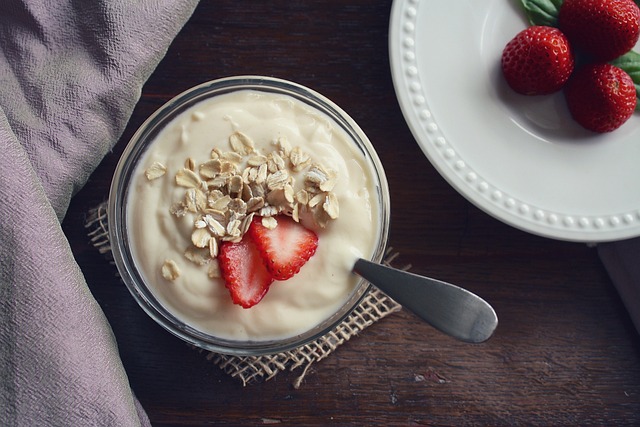The Gut-Brain Connection
Our gut is home to billions of bacteria, collectively known as the gut microbiota. These bacteria have a significant impact on our overall health, including our mental health. The gut microbiota communicates with the brain via the gut-brain axis, a complex network of nerves, hormones, and signaling molecules. This bidirectional communication allows the gut to influence our thoughts, emotions, and behavior, and vice versa.
Probiotics and Mental Health
Probiotics are live bacteria that, when consumed in adequate amounts, provide health benefits to the host. Research shows that probiotics can have a positive impact on mental health. In a randomized controlled trial, participants who took a probiotic supplement had lower levels of anxiety and depression compared to the control group. Another study found that probiotics reduced symptoms of post-traumatic stress disorder (PTSD) in veterans.
The Mechanism of Action
Probiotics have several mechanisms of action that explain their beneficial effects on mental health. One of the ways that probiotics work is by modulating the gut microbiota composition. Studies have shown that individuals with depression and anxiety have an altered gut microbiota composition. Probiotics can help restore a healthy balance of bacteria, which can improve mental health.
Probiotics also produce neurotransmitters, such as gamma-aminobutyric acid (GABA) and serotonin, which are known to regulate mood and behavior. Additionally, probiotics can reduce inflammation in the gut and the brain. Chronic inflammation has been linked to several mental health disorders, including depression, anxiety, and PTSD.
Types of Probiotics
There are several types of probiotics, each with its own set of benefits. The most commonly studied probiotics for mental health include:
- Lactobacillus acidophilus: This probiotic has been shown to reduce symptoms of anxiety and depression and improve cognitive function.
- Bifidobacterium bifidum: This probiotic can improve mood and reduce symptoms of stress and anxiety.
- Lactobacillus rhamnosus: This probiotic has been shown to reduce symptoms of anxiety and depression and improve emotional processing.
- Streptococcus thermophilus: This probiotic can reduce symptoms of anxiety and depression and improve cognitive function.
Food Sources of Probiotics
In addition to supplements, probiotics can also be found in certain foods. Some of the best sources of probiotics include:
- Yogurt: Look for yogurt with live and active cultures.
- Kefir: A fermented milk drink that is high in probiotics.
- Sauerkraut: A fermented cabbage dish that is high in probiotics.
- Kombucha: A fermented tea drink that is high in probiotics.
- Miso: A fermented soybean paste that is high in probiotics.
Conclusion
Probiotics have emerged as a promising tool for promoting mental health. By modulating the gut microbiota composition, producing neurotransmitters, and reducing inflammation, probiotics can help improve mood, reduce anxiety, and alleviate symptoms of mental health disorders. Incorporating probiotics into your diet or taking a probiotic supplement may be a simple and effective way to support your mental health.







